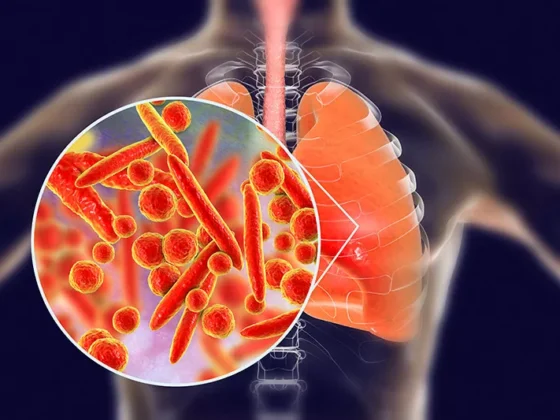 Dr. Pallavi Prasad, Fertility Consultant at Nova IVF Fertility Bengaluru
Dr. Pallavi Prasad, Fertility Consultant at Nova IVF Fertility Bengaluru
What is a uterine fibroid?
Uterine fibroids are benign (non-cancerous) tumours that arise from the wall of the uterus. Having uterine fibroids is common these days, and according to statistics, almost 1 in 3 women suffer from uterine fibroids. The actual cause behind uterine fibroids is unknown. What doctors do know is that this condition might arise either due to the genetics of the person or some people are just prone to this irregularity in their muscular tissue. The size of the uterine fibroids can very well depend on the level of oestrogen in the body. Fibroids can be diagnosed during a regular ultrasound scan. Nevertheless, one can suspect if the patient has these symptoms:
- Lower backache
- Anaemia (low RBC’s)
- Painful sexual experience
- Painful periods
- Heavy periods
- Bleeding between periods (Intermenstrual bleeding)
What is the relationship between uterine fibroids and fertility?
Fibroids can cause infertility. However, it must be known that just because one has fibroids does not necessarily mean that she is infertile. It causes infertility if they are either located inside the uterine cavity or if they block the fallopian tubes. Fibroids that are inside the uterine cavity (submucosal) pose the biggest threat to the fertility of a woman. These fibroids tend to impact the uterine cavity size where the foetus would need to develop, they alter the uterine lining, impact the blood flow to the uterus and if a uterine fibroid is very large- it could potentially block the fallopian tubes or prevent the sperm from entering the uterus. Essentially, it can be said that fibroids cause infertility depending upon their location and their size.
How does having fibroids affect your likelihood of conceiving and any future pregnancies?
It is possible for a woman with uterine fibroids to get pregnant. The important factor to know about uterine fibroids is where they are located. Some uterine fibroids may not cause any problem with conception. So, whether fibroids cause any problems or need any treatment depends basically upon 3 things: location of the fibroids, number, and the size of fibroids. So, if the fibroid is within the uterus and one is trying to conceive, then it must be removed as that fibroid could potentially obstruct the growth of the baby/foetus.
How are fibroids treated before pregnancy to improve fertility?
When there is talk about treating uterine fibroids and the goal of the treatment is to enhance fertility and to conceive, doctors primarily advise a surgical approach. Surgery is considered the best modality of treatment for uterine fibroids (if one is trying to conceive).
- Hysteroscopy: If the fibroid is within the uterine cavity (submucosal), the doctors can perform minimally invasive surgery where a camera is placed through the cervix and into the uterus. Fibroids can be removed without making any kind of incision.
- Myomectomy: Another recommended method to remove fibroids is with a larger single incision. Recovery time from this kind of surgery is longer, and pregnancy should not be attempted until and unless the uterine muscles have healed. The healing process usually takes about 3-6 months.
Apart from these surgeries, other treatments for fibroids are not recommended for women who are still wanting to conceive, they are reserved for women who have had a chance to conceive and complete their family.
Removal of fibroids can be a very effective method to improve one’s chances of enhancing fertility and becoming pregnant. Just the presence of fibroids does not definitively mean that one has infertility- speak to your fertility specialist and find out more about it. One must not take any step-in haste, if trying to conceive. Weigh your options and go for the one that is best from the point of view of your fertility.











